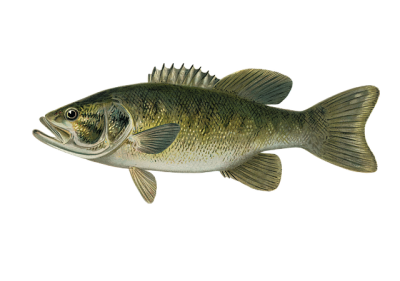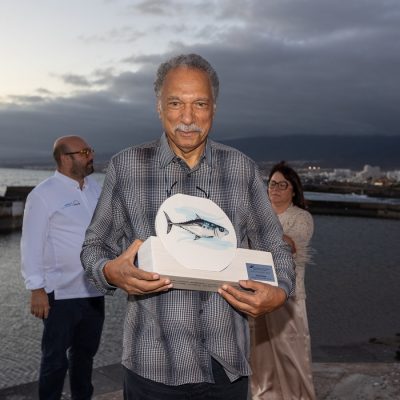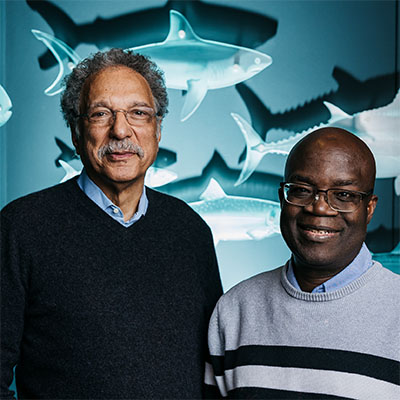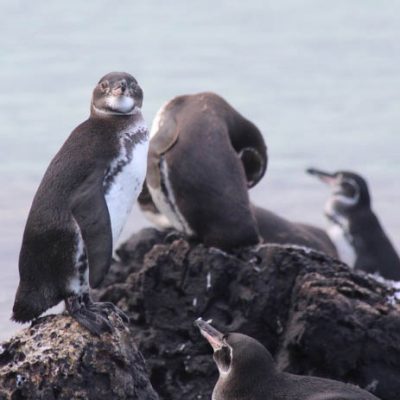Reconstruction of Freshwater Fisheries Catches: Canada, Minnesota (USA), and ASEAN Countries
New Fisheries Centre Research Report just released, from Sea Around Us.
Daniel Pauly receives 2024 Sartún Award
During the 2024 Meeting of the Seas held in Tenerife, Spain, Dr. Daniel Pauly, was granted the Sartún Award, in recognition of his +40-year career working for the protection of the global ocean.
Basic income could solve global poverty and stop environmental destruction, study finds
Providing a basic income could boost global gross domestic product (GDP) by $US163 trillion while acting to curb environmental degradation, UBC research has found.
Pelagic Ecosystems Lab wins BC Conservation & Biodiversity Award
The award will fund a project to provide high resolution zooplankton biodiversity data by integrating eDNA, and the Zooscan imaging system, to establish a biodiversity benchmark for the wider BC coast.
Dr. Brian Hunt receives NSERC Discovery Grant to research the impacts of urbanization on the coastal ocean
Dr. Brian Hunt will receive an NSERC Discovery Grant for work on the impacts of urbanization on coastal oceans, specifically regarding ocean cities.
In climate change talks and development goals, the tropical majority must be recognized and respected
We are in the UN Decade of Ocean Science and that means prioritizing diversity and inclusion in all decision-making processes
2023 Tyler Prize for Environmental Achievement: Daniel Pauly and Rashid Sumaila are winners
The UBC Institute for the Oceans and Fisheries professors say winning this prize gives them an opportunity to spread an urgent and evidence-based message: all fishing on the high seas should be banned.
‘This is a wake-up call for the world’: UBC researchers at the forefront of championing for change
The Galápagos islands are under severe threat from ocean pollution, climate change, and illegal, unregulated, and unreported (IUU) fishing pressures
Op-ed: To Prove its Climate and Biodiversity Ambitions the EU Must Protect the Ocean’s Carbon Engineers
An op-ed article by Drs. William Cheung and Rashid Sumaila regarding the UN Convention on Biological Diversity, or COP15, that is currently taking place opened in Montreal.
Kx Spotlight – Collaboration, the key to fighting climate change
With partnerships spanning across disciplines, sectors and borders, and with academics and non-academics (including Indigenous communities, NGOs, policy makers, businesses and media) collaboration is at the centre of their work.








